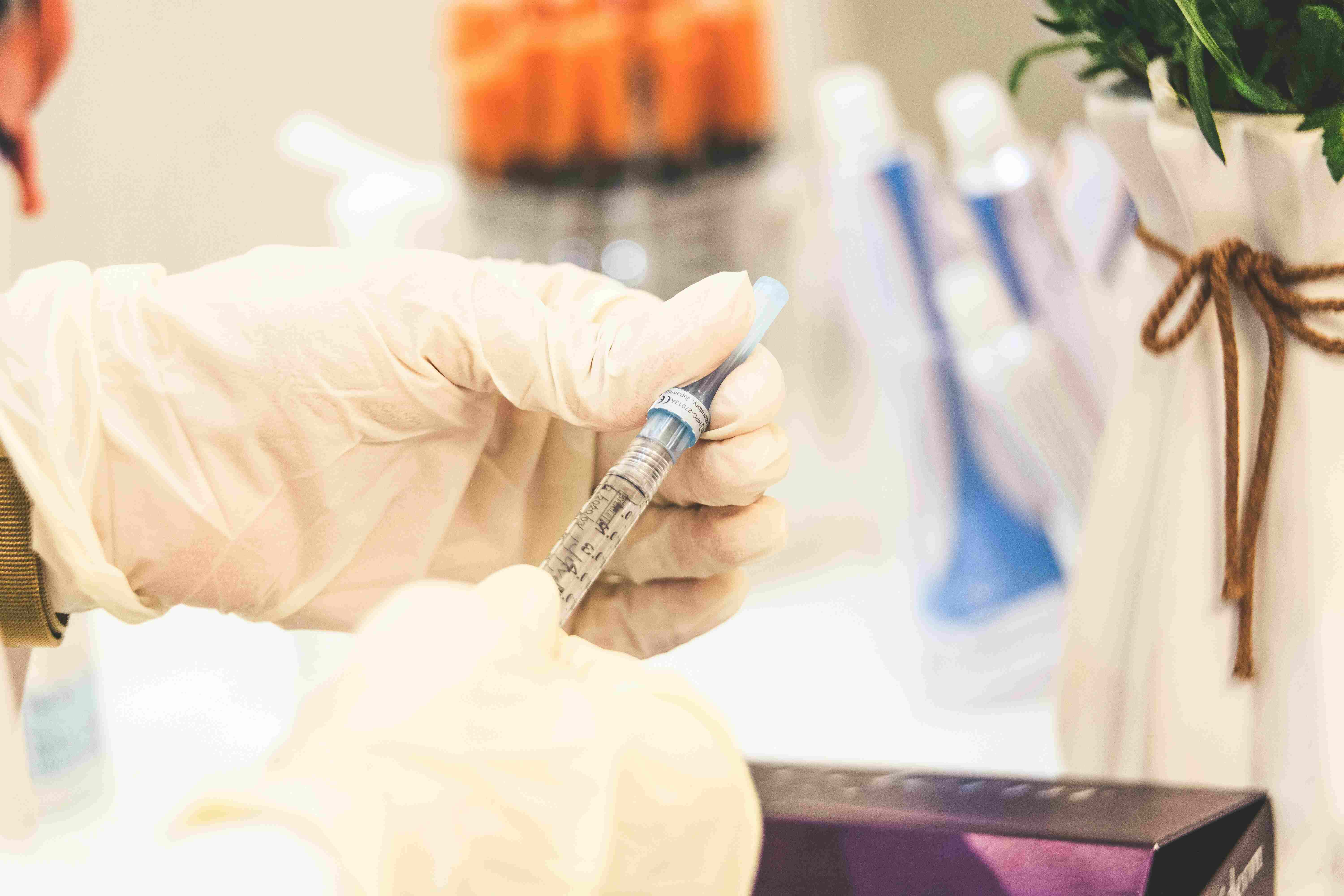Access to health care is a fundamental component in achieving the Sustainable Development Goals (SDGs), particularly SDG 3, which aims to ensure healthy lives and promote well-being for all at all ages. Health care access is not just about the availability of health facilities, medicines, and qualified health care professionals, but also encompasses affordability, accessibility, and quality of these services. It is intrinsically linked to various other SDGs, reflecting the interconnected nature of health and broader sustainable development.
Firstly, the availability of comprehensive, quality health care services is crucial. This includes preventive, curative, rehabilitative, and palliative care across all life stages. However, availability alone is insufficient; these services must be accessible physically and financially to everyone, regardless of their socioeconomic status. This aspect highlights the importance of SDG 1 (No Poverty) and SDG 10 (Reduced Inequalities) in achieving health-related goals. Financial barriers, such as high out-of-pocket expenses, can impede access to health services, leading to disparities in health outcomes.
Another key factor is the quality of health services. Quality health care should be safe, effective, timely, efficient, equitable, and people-centered. This aligns with SDG 8 (Decent Work and Economic Growth) by ensuring that health care systems provide quality jobs and contribute to broader economic development. Furthermore, a quality health care system promotes trust and respect between health care providers and the community, which is vital for the overall effectiveness of the health care system.
The relationship between health and education (SDG 4) is also significant. Educated individuals are more likely to understand health information and access health care services. Moreover, education leads to better health outcomes, as educated individuals are more likely to engage in healthy behaviors and seek medical care when necessary.
Environmental factors, as addressed in SDGs 11 (Sustainable Cities and Communities), 12 (Responsible Consumption and Production), and 13 (Climate Action), have a profound impact on health. Clean air, safe drinking water, and nutritious food are essential for good health. Therefore, efforts to improve environmental conditions directly contribute to better health outcomes and vice versa.
Additionally, health care access is related to gender equality (SDG 5). Women and girls often face unique health challenges and barriers to accessing health care. Addressing these challenges is essential for achieving gender equality and improving the health and well-being of women and girls.
This Series of 2 papers in The Lancet Oncology addresses the urgent need to pay specific attention to the challenges and disparities faced by people with disabilities suffering from cancer. The authors highlight the need to improve the effectiveness and timeliness of cancer screening, diagnosis, treatment, and outcomes to provide more equitable cancer prevention and care.
This Series of 2 papers in The Lancet Oncology addresses the urgent need to pay specific attention to the challenges and disparities faced by people with disabilities suffering from cancer. The authors highlight the need to improve the effectiveness and timeliness of cancer screening, diagnosis, treatment, and outcomes to provide more equitable cancer prevention and care.
European Journal of Obstetrics and Gynecology and Reproductive Biology: X, Volume 21, March 2024
World Patient Safety Day 2024
Patient safety stands at the forefront of quality healthcare, emphasizing the importance of avoiding harm to patients during care. The World Health Organization (WHO) recognizes the critical nature of patient safety and observes World Patient Safety Day every year. This day serves as a global platform to discuss, strategize, and drive initiatives that place patient safety at the core of healthcare systems worldwide.
Significance of Patient Safety
Safe patient care is paramount for various reasons:
World AIDS Day
World AIDS Day, observed annually on 1st December, is an opportunity for people around the globe to unite in the fight against HIV/AIDS, support those affected, and remember those who have lost their lives to the disease.
World Hepatitis Day: Uniting in the Fight Against a Global Health Threat
World Hepatitis Day, observed on 28th July each year, is a global initiative to raise awareness about viral hepatitis, promote prevention, and encourage testing and treatment. The World Health Organization (WHO) and partners across the globe come together to highlight the urgency of eliminating hepatitis by 2030. This article delves into the significance of World Hepatitis Day, the types of hepatitis, prevention methods, available treatments, and how you can get involved.




